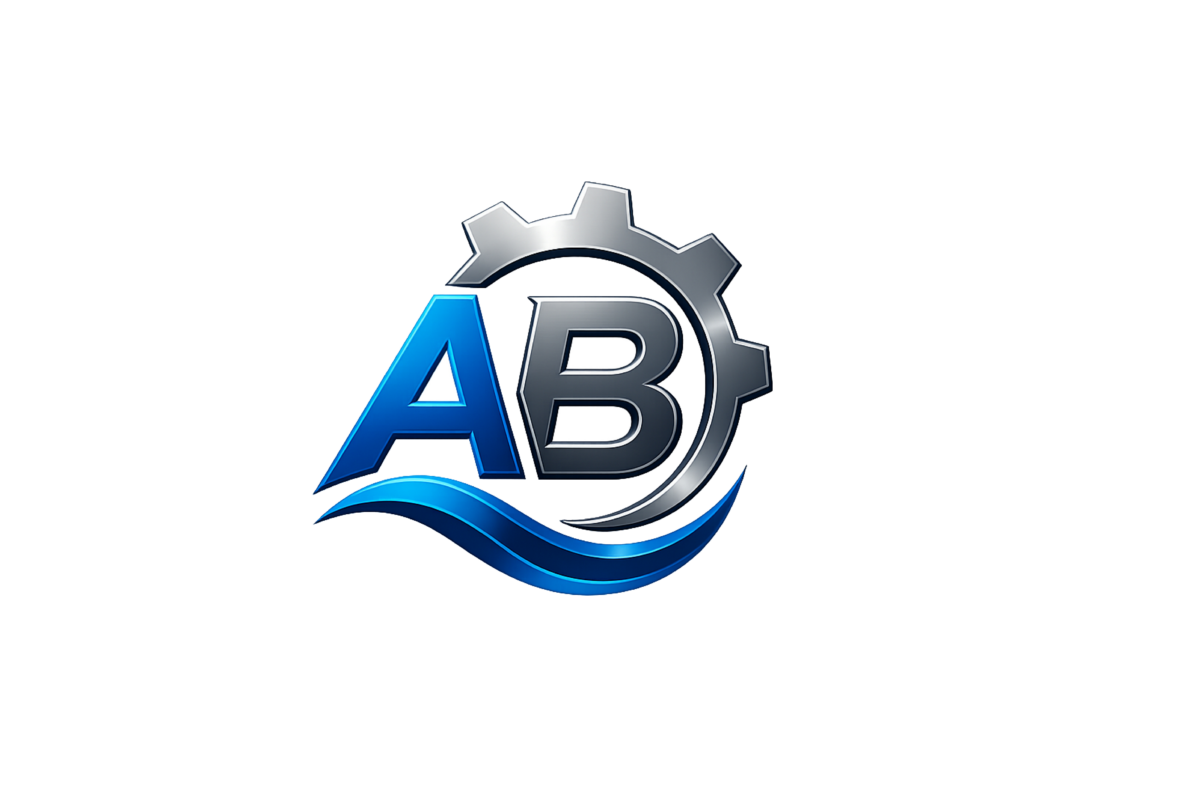Buy the best pressure washers UAE
Best Pressure Washers in the UAE – A Guide to Choosing Keeping your car, patio, [...]
Best Fiac Air Compressors in UAE – Complete Buying Guide, Prices & Top Models for 2025
Fiac Air Compressors Buying Guide – UAE & GCC Region Fiac is a famous Italian [...]
Diesel vs Petrol Generators in Nigeria
Diesel and Petrol Generators in Nigeria – 2025 Guide Nigeria has huge power problems. Many [...]
Pressure Washer Price in UAE
Best Budget Pressure Washers in UAE: Price, Features & Value Pressure washers are powerful cleaning [...]
20 Essential Pressure Washer Maintenance Tips for Long-Lasting Performance
20 Pressure Washer Maintenance Tips for Peak Performance Pressure washer maintenance is essential for keeping [...]
how does a pressure regulating valve work?
Guide to Pressure Regulating Valves: Types and Applications Pressure regulator valves are crucial components in [...]
What Oil to Use in a Pressure Washer Pump?
What Oil to Use in a Pressure Washer Pump? Primary Link | Secondary Link Why [...]
How to Use an Electric Pressure Washer?
How to Use an Electric Pressure Washer Electric pressure washers are powerful tools that make [...]
3 Comments
Pressure Washing Tips for UAE Residents
Pressure Washing Tips for UAE Residents Living in the UAE, you’re no stranger to the [...]
WET AND DRY VACUUM CLEANER
The Ultimate Guide to Maintaining Wet and Dry Vacuum Cleaner A wet and dry vacuum [...]
1 Comment
